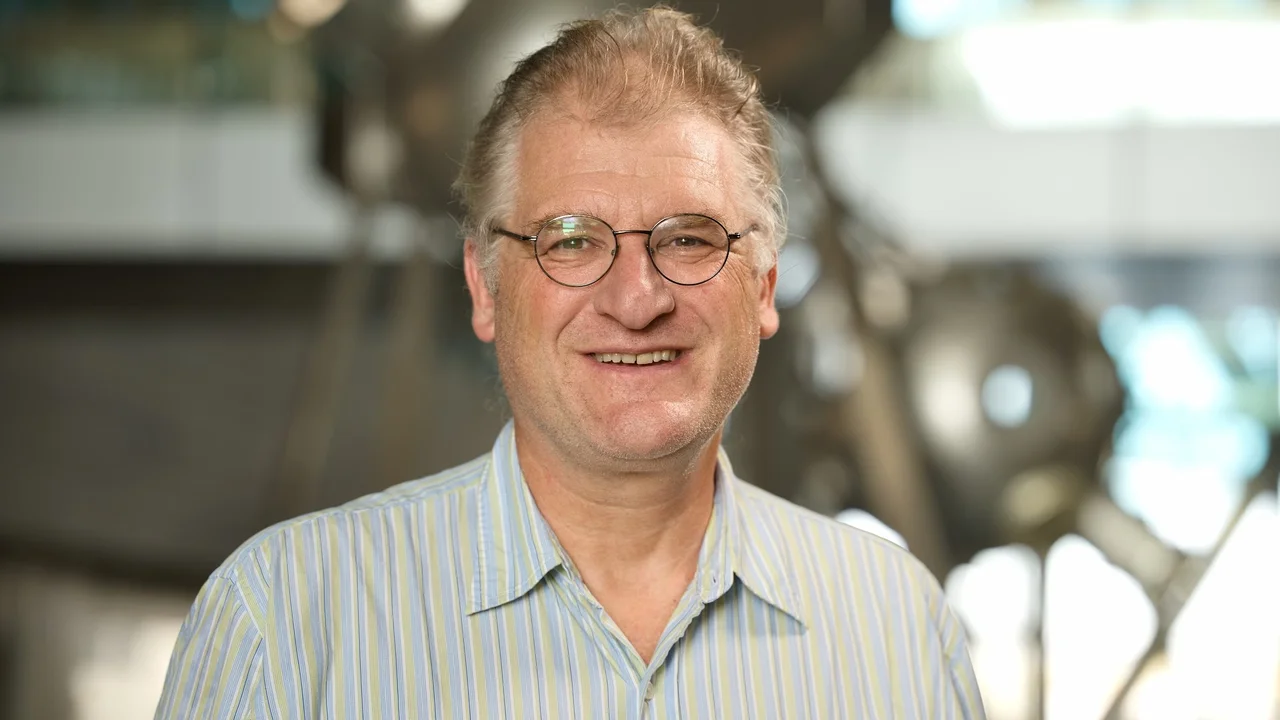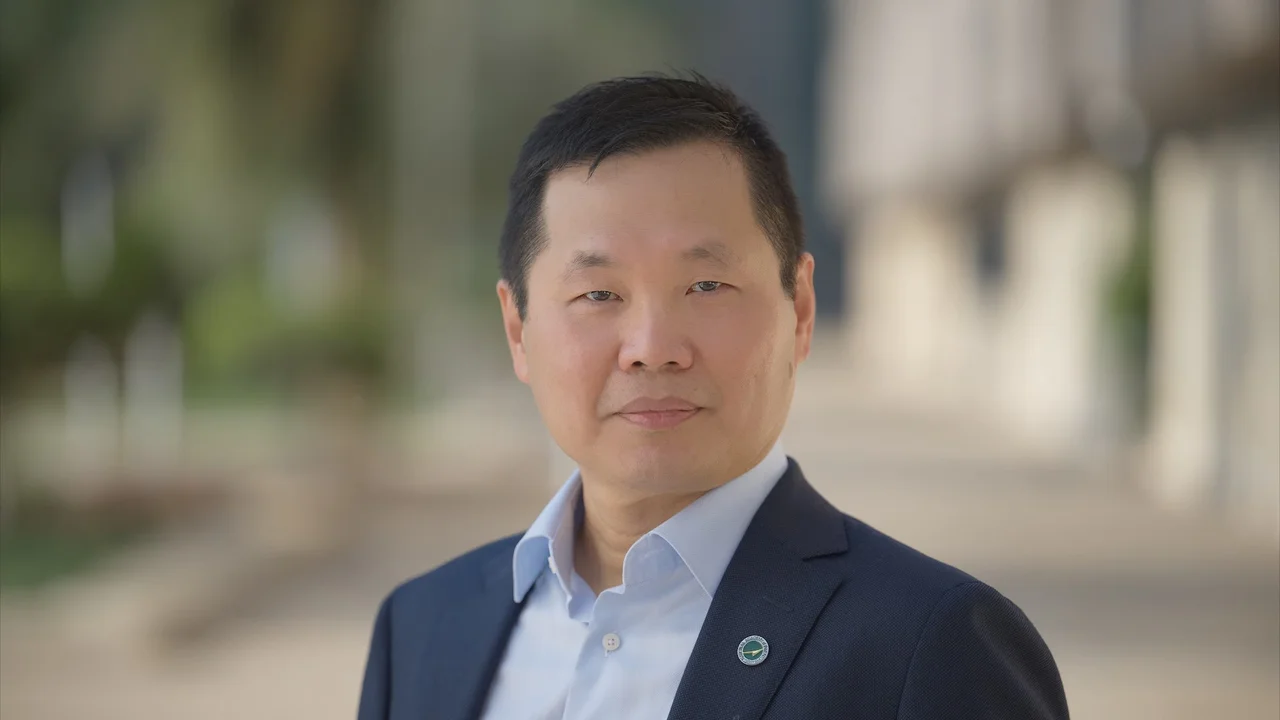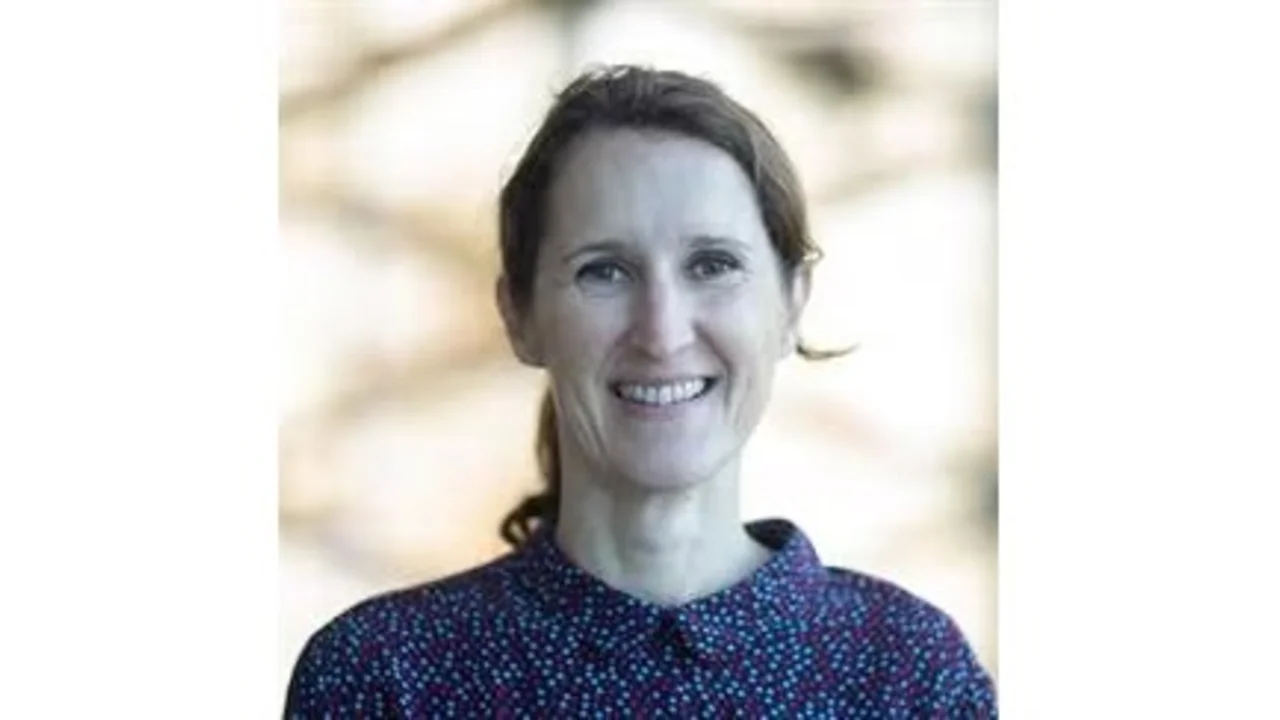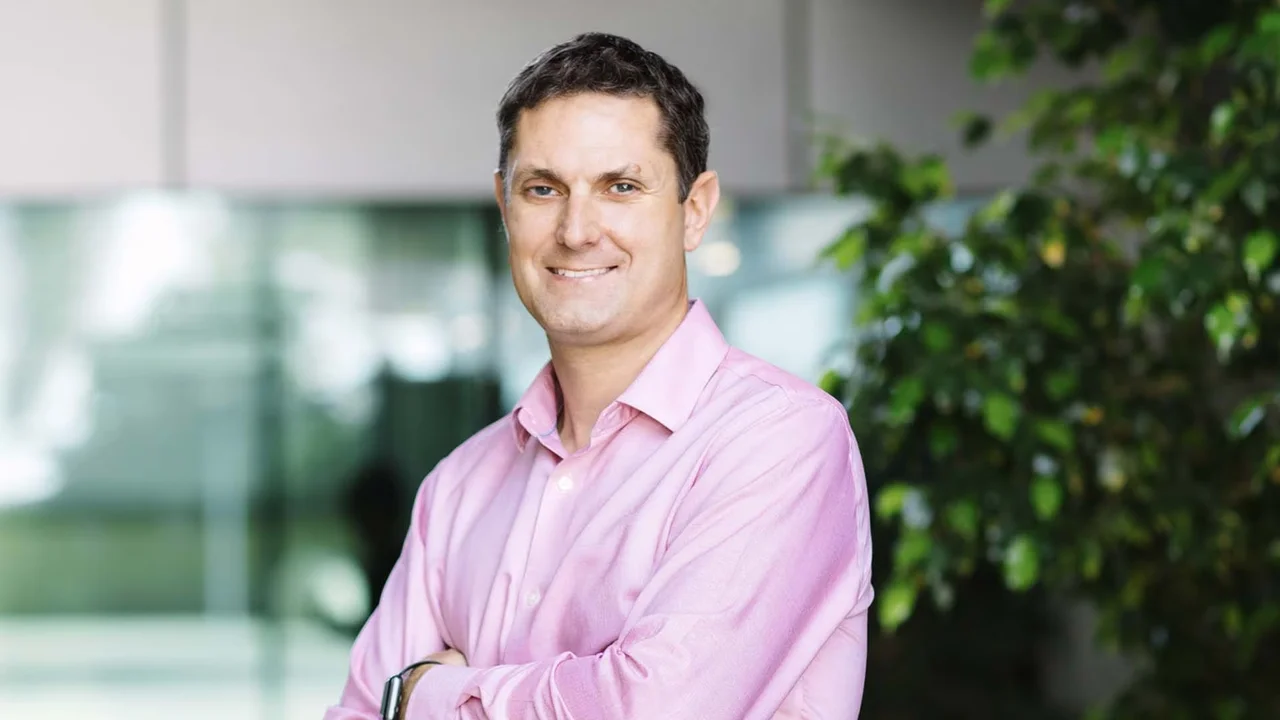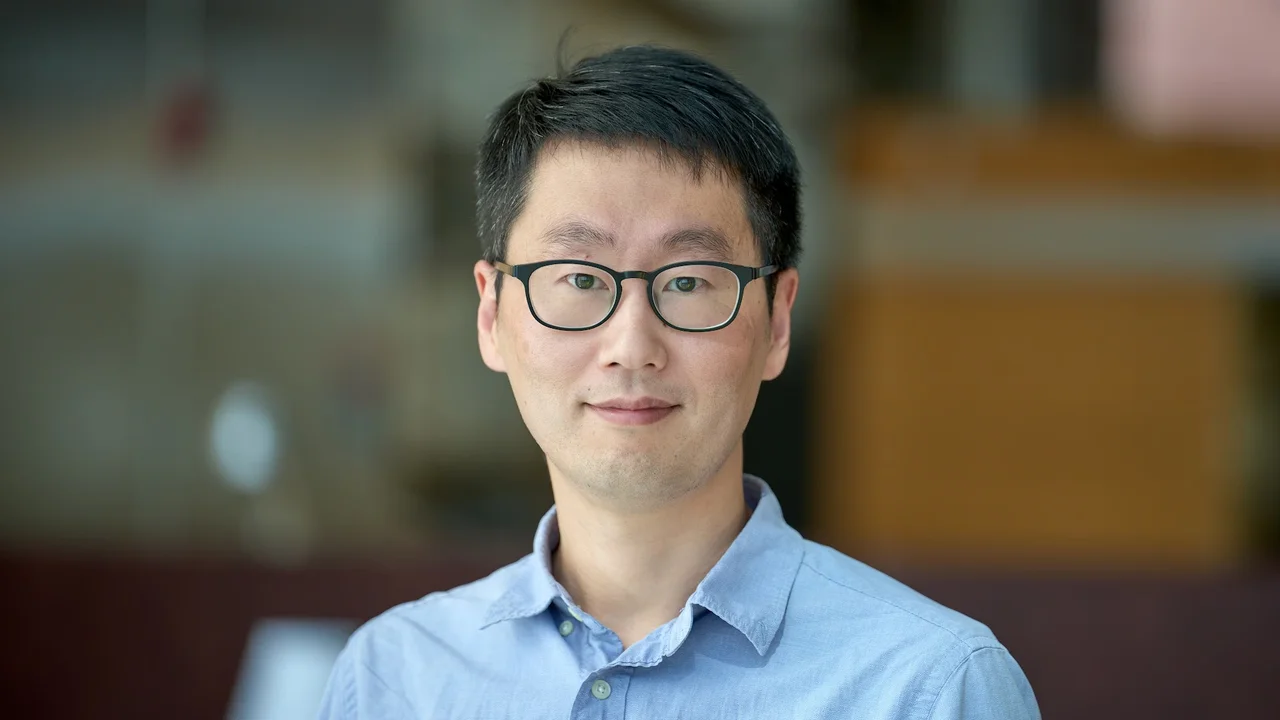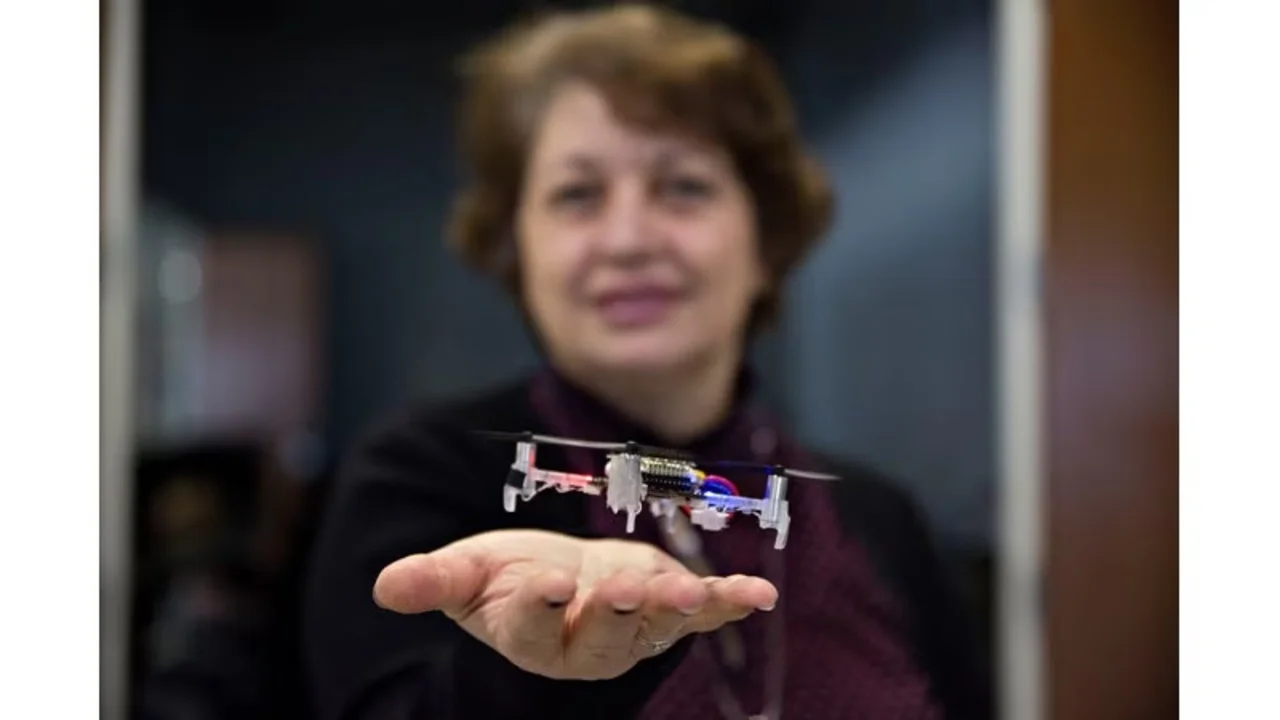Biography
Eric Feron is an Electrical and Computer Engineering Program professor, an affiliate of the Mechanical Engineering Program, and the Principal Investigator of the Aerospace and Transportation Systems (ATS) Research Group at KAUST.
His research focuses on the development of advanced control and optimization techniques for autonomous systems with applications in aerospace, robotics and transportation. At KAUST, he leads efforts in exploring innovative solutions for complex challenges in these fields, emphasizing safety, reliability and efficiency in autonomous systems' design and operation.
His academic journey began in Paris, where he earned a B.S. from École Polytechnique in 1989 and an M.S. from École Normale Supérieure in 1990. He completed his Ph.D. in Aerospace Engineering at Stanford University in 1994. Before joining KAUST in October 2021, he served as a faculty member at the Georgia Institute of Technology and the Massachusetts Institute of Technology’s Aeronautics and Astronautics Department.
Throughout his career, he has taught a wide range of courses, including cyber-physical systems, control systems, and flight mechanics, and is a strong advocate for quality online education resources.
Professor Feron has contributed significantly to both theoretical advancements and practical implementations in control systems, fostering collaborations across disciplines to drive progress in aerospace engineering.
Research Interests
With 31 years of experience in teaching and research, Professor Feron focuses on applying fundamental concepts of control systems, optimization, and computer science to modern aerospace engineering and robotics. His specific research interests include aerobatic control of uncrewed aerial vehicles, multi-agent operations, air traffic control systems and aerospace software system certification. He is also interested in geometric control systems and control theory in general.
Dr. Feron’s ATS research group has made significant technical contributions across a variety of fields, including aerospace engineering, automotive engineering, ocean engineering, biological engineering, electrical engineering, mechanical engineering and robotics, as well as human-machine interaction. These contributions are grounded in a strong foundation of mathematics, computer science and operations research.
